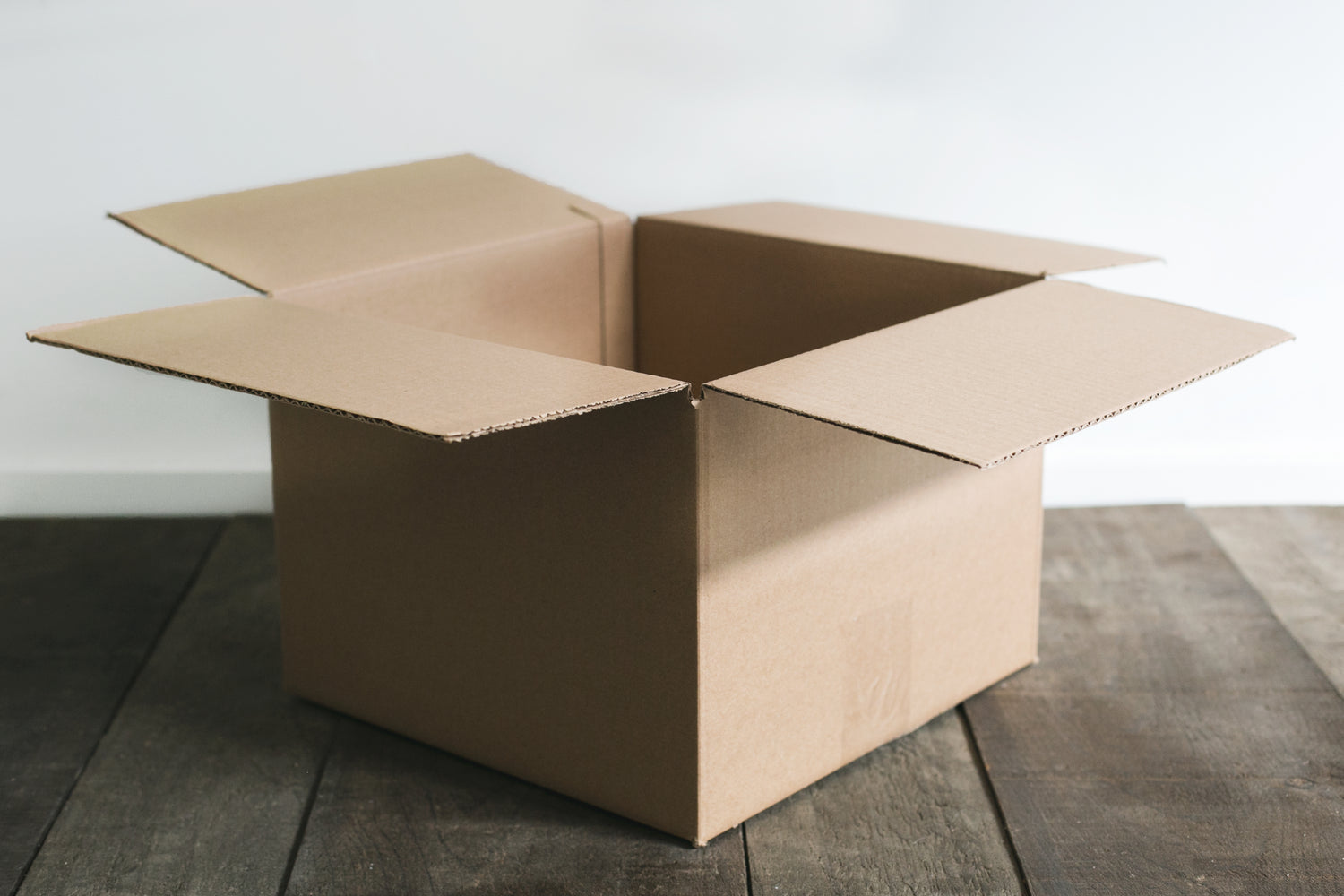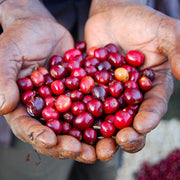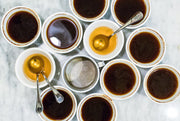SCA Education Panel "How to Find the Right Coffee for You"

The Specialty Coffee Association of Canada held the National Barista Competition in Toronto on the last weekend of May. All 17 barista competitors from across Canada gathered to compete for the national title. SCA also coordinated an Education Centre where attendees, coffee professionals and enthusiasts could listen to talks held by coffee professionals from all over Canada. There was a range of talks from “The Science of Roasting” to “How to Have a Career in Coffee” and I was asked to be on the panel for a talk titled “How to Find the Right Coffee for You.” Big ups to SCA Canada for putting on some really informative and helpful sessions.
There were 4 others on the panel aside from myself. Alex Castellani, owner of Boxcar Social, Suneal Pabari, founder of The Roaster’s Pack , Anne Cumby, wholesale account manager for Reunion Island Coffee (she also competed this year at Nationals!) and Ashley Tomlinson from The Little Black Coffee Cup who moderated the panel. It was a great group of people who span the range of jobs in the coffee industry.
It was interesting because we assumed going into it that most people in attendance would be in some way connected to the coffee industry but as we found out from a poll in the beginning about 75% of the crowd were not coffee professionals. There was a range of discussion that began with how to read a coffee label and what it may mean for the end result in the cup (origin, varietal, processing etc) all the way to speaking about ethical considerations pertaining to the coffee industry, what “good coffee” really is and how to brew coffee at home.
So how do you choose the right coffee for you and what is the right way to brew it at home? Let me just saw that any coffee can be made any way. Often times a roaster will roast differently for espresso for filter (and in that case go with their recommendation) but aside from that, any origin, any varietal, any blend can be made any way. Personally, I typically choose coffee from roasters that I like and trust knowing that they will be selling coffee in season and roasting in a way that highlights the uniqueness of each coffee. I look at tasting notes to generate interest but use my understanding of origin to guide me. I recently tried a coffee where one of the tasting notes was ‘contentment’ - so yes, tasting notes can be helpful and also entirely unhelpful. My advice is to ask around, see what the employees at your local shop are liking, ask your barista, taste a lot of different coffee so you can begin to understand what you like. Ask them too, about brewing coffee at home and they will surely have a recommendation.
Another thing we talked at length about was wanting to see people in the coffee industry to change the discussion surrounding what specialty coffee is. I’m touched on it before but I’m a big fan of changing and simplifying the language that we use. Often times specialty coffee can come across as fancy coffee; how good the latte art is, how instagrammable the shop is when really this couldn’t be further from the point. Specialty coffee is paying attention to the way that the coffee trees are planted, grown, sorted and processed, where every step along the way the focus is quality over volume. Specialty coffee is paying attention and being aware of the growing climate concerns and social aspects of coffee in the world. Specialty coffee is not “fancy” coffee but “responsible” coffee - responsibility to the farmers and a responsibility to the innate flavors of the coffee and a certain responsibility in translating this to customers.





